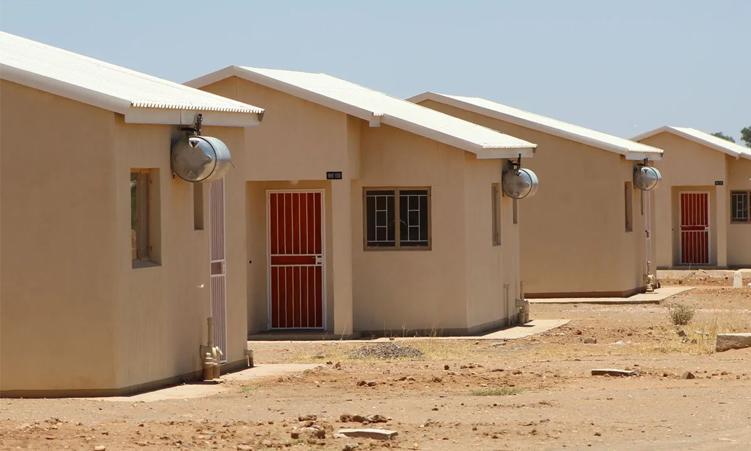Africa-Press – Namibia. In a recent daily newspaper article, City of Windhoek chief executive Moses Matyayi is quoted as saying that, given the housing backlog, “investors cannot go wrong”. Wrong. Dead wrong.
A structural problem within the City of Windhoek is that municipal bureaucracy adds an estimated 40% to 55% to service delivery costs.
In addition to this, administrative ‘cost premium’, banks typically value new homes in the so-called affordable market at less than the cost of construction. In such an environment, it becomes extremely difficult to deliver a housing product that is both financially viable and affordable to the end user.
It is difficult not to conclude that the City of Windhoek itself is a key driver of the unaffordability of housing.
Let us briefly consider some core aspects of housing affordability:
Less than 3% of households in Namibia can afford a conventionally financed home. Yet home loans still make up roughly 40% of bank lending in the country. Banks have little incentive to reduce the cost of end-user finance, as home loans form a significant part of their loan books and profit margins.
No conventional housing product currently exists in Namibia that matches the lowest threshold for conventional home loans – that is, the point below which the banking costs make such loans unfeasible. A major part of the problem lies in the cost of developing conventional housing.
The rental market is severely distorted, with limited supply of affordable rental units. As a result, there are few housing options available between informal structures (kambashus) and fully serviced, conventionally financed homes.
There are no effective municipal subsidies for services, land, or housing that target those at the lower end of the affordability spectrum.
There is no national grant framework in place to assist local authorities in meeting the fiscal challenges associated with rapid urbanisation.
At face value, this should be a manageable issue given Namibia’s relatively small population. In reality, however, there is little sign of political will to disrupt the status quo. This challenge is further complicated by the growing shift in urban political support away from the ruling party.
It appears the penny has yet to drop: Only meaningful investment in the urban sector will secure the political support of the urban youth and working class. And a central part of that investment must be access to affordable housing.
For More News And Analysis About Namibia Follow Africa-Press






